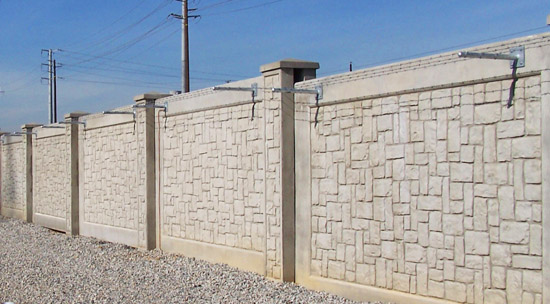Scholars of Mosaic law note that the sets of laws are
often grouped according to the ten commandments. That there are laws about proper worship, and
then laws about roles. There are laws
about killings and laws about sexual mores and laws about justice. But sometimes you get groups of laws that don’t
seem to be connected at all, like in Deuteronomy 22:
A woman shall not
wear man's clothing, nor shall a man put on a woman's clothing; for whoever
does these things is an abomination to the LORD your God.
If you happen to
come upon a bird's nest along the way, in any tree or on the ground, with young
ones or eggs, and the mother sitting on the young or on the eggs, you shall not
take the mother with the young; you shall certainly let the mother go, but the
young you may take for yourself, in order that it may be well with you and that
you may prolong your days.
When you build a
new house, you shall make a parapet for your roof, so that you will not bring
bloodguilt on your house if anyone falls from it.
You shall not sow
your vineyard with two kinds of seed, or all the produce of the seed which you
have sown and the increase of the vineyard will become defiled.
You shall not plow with an ox and a donkey
together.
You shall not wear a material mixed of wool
and linen together.
Deut. 22:5-11
(New American Standard)
These laws just seem completely random. But they aren’t. In fact, the connection between not wearing
another sex’s clothes and having a parapet on the roof gets to a deep theme in
the Old Testament. All of these laws
have to do with setting proper boundaries.
That God created a natural order to things, and that things separated
should not be mixed. It is obvious that
a roof on which people work and sleep (which they did in the ancient world, and
in many places in the world today) should have a wall to protect people. Even so, the OT claims that there needs to be
walls placed between the sexes, walls placed between seeds, walls placed
between species and walls placed between kinds of seeds, because mixing them
brings disaster. It is for this reason
that there are food laws in the OT, and laws which declare that certain nations
must be enculturated (perhaps up to 10 generations!) before they can be full
citizens in Israel. There must be an
absolute border between Israelites and Canaanites, which is why the Canaanites were
no longer supposed to exist as a race.
Some boarders cannot be crossed for any reason.
And yet when Jesus came on the scene, he seemed to have a
different point of view. The law that
separated lepers and non-lepers, Jesus just ignored, touching lepers. The laws that separated Jew and Gentiles,
Jesus often ignored. The laws that held
men and women in different roles Jesus sometimes ignored (which is why Mary was
allowed to have the male role of student, although Martha wanted her to take a
more proper feminine role). And what
about Canaanites?
And a Canaanite
woman from that region came out and began to cry out, saying, "Have mercy
on me, Lord, Son of David; my daughter is cruelly demon-possessed." But He
did not answer her a word. And His disciples came and implored Him, saying,
"Send her away, because she keeps shouting at us." But He answered
and said, "I was sent only to the lost sheep of the house of Israel."
But she came and began to bow down before Him, saying, "Lord, help
me!" And He answered and said, "It is not good to take the children's
bread and throw it to the dogs." But she said, "Yes, Lord; but even
the dogs feed on the crumbs which fall from their masters' table." Then
Jesus said to her, "O woman, your faith is great; it shall be done for you
as you wish." And her daughter was healed at once. Matthew 15:22-28
At first, Jesus seems to be affirming the border of the
Mosaic law—there is a firm distinction between Canaanite and Israelite, and
they shall never pass. In fact, Jesus
calls her a dog. But when she accepts
this term, and claims that even dogs get crumbs, Jesus does a complete
turnaround. Why? Because faith—trust and devotion to God—trumps
all the other borders. Borders mean
nothing when there is faith and love. In
as much as the OT law affirms borders, Jesus breaks them. Jesus insists that the very things that are
separated by walls—male and female, Jew and Gentile, Moabite and Israelite,
leper and healthy, sinner and saint—are no longer separated, but are, in fact,
united by faith and love.
And yet we have trouble with this even today. We Christians want to re-establish borders because
ultimately our love and faith isn’t strong enough to overcome our instinct to
set up walls. We want to distinguish
Christian and non-Christian, homeless and housed, male and female, Jew and
Palestinian, citizen and illegal immigrant, belonging to the right church group
or the wrong one—all the very kinds of borders that Jesus did away with. As quickly as Jesus takes down our walls and
replaces them with love, we build new ones.
We can either have walls, or we may have love. We may either have borders or we may have a
unity of faith.

No comments:
Post a Comment